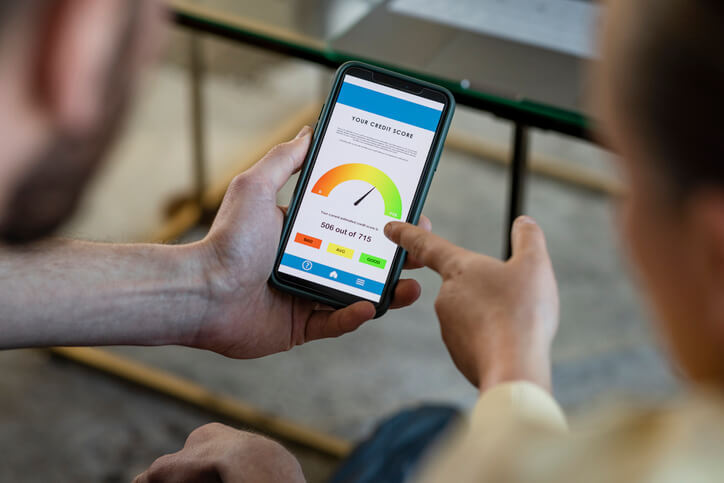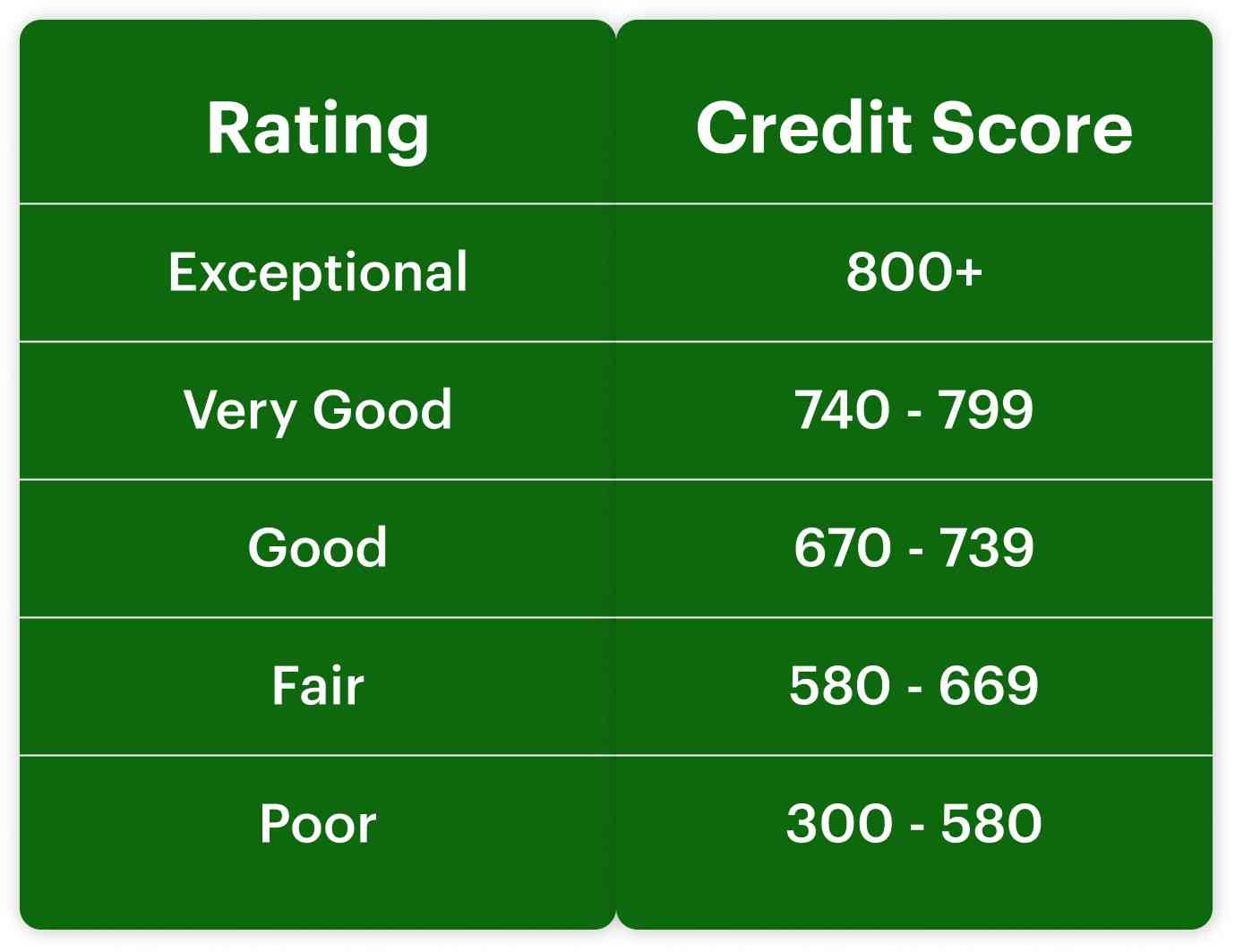What Credit Score Is Needed for a Personal Loan?
Wondering what credit score you need to qualify for a personal loan? Whether you're planning a home renovation, consolidating debt, or covering an emergency expense, your credit score plays a key role in determining your loan eligibility, interest rates, and terms. We’ll break down the credit score ranges lenders may typically look for, explain how your credit score could impact your loan options, and share tips to help boost your chances of approval, even if your credit history isn’t perfect.
➡️ Short Answer: According to Experian, you typically need a credit score of at least 580 to 660 to qualify for most personal loans, but each lender may have their own requirements. However, a higher credit score can give you access to better rates and terms.

Minimum Credit Score Need for a Personal Loan
If you’re applying for a personal loan, your credit score is typically one of the most important factors lenders consider. But what score do you actually need to qualify for a personal loan?
There’s no single “magic number,” but most lenders will generally give better terms for higher credit scores. However, your credit score is just one factor in the loan application and underwriting process. Your income, debt-to-income ratio, and credit history also play a big role. Most lenders follow general credit score tiers when considering your loan application:

According to TransUnion as of March 13, 2025.
How Credit Score May Impact Loan Terms
Your credit score doesn’t just impact whether you qualify for a loan. It also can affect:
- Interest rate: Higher credit scores typically translate to lower interest rates
- Loan amount: Lower credit scores typically translate to smaller loan amounts offered overall
- Fees and terms: Lenders may charge origination fees or offer shorter repayment windows for lower credit scores.
Can You Get a Personal Loan with a Low Credit Score?
Yes, may be able to qualify for a personal loan with a bad credit score, but it may come with tradeoffs. Options for credit scores below 600 may be limited. Here are a few ideas to help you access a personal loan with a low credit score or no credit history:
- Online lenders that specialize in loans for applicants with low credit scores or no credit history
- Credit unions, which may offer more flexible criteria
- Secured personal loans, which require collateral
- Apply for a loan with a co-signer or guarantor, such as friend or family member
Certain lenders may provide loans to applicants with lower credit scores, but they may also charge higher fees and require agreeing to less favorable terms. Always be aware of the lender’s fees, terms, and APR (Annual Percentage Rate) before signing or accepting the loan offer.
How to Improve Your Chances of Approval
If your credit score isn’t quite where it needs to be, you may not qualify for a personal loan. But there are a few things you can do to help improve your credit score and potentially increase your chances of getting approved for a loan:
- Pay down credit card balances to lower your credit utilizatio
- Make all payments on time, especially in the months before applying
- Check your credit report for errors and dispute any inaccuracie
- Avoid new hard inquiries, like applying for other loans or credit cards
Even a small boost in your credit score could mean the difference between rejection and approval or a lower interest rate that saves you a significant amount of money on interest over time.
Final Thoughts
To qualify for a personal loan, aim to maintain a credit score of at least 600, although a higher credit score is ideal. If your credit score is lower, you can explore alternative lenders or consider improving your credit score before applying.
Need help building credit? Read our guide on how to get an excellent credit score and start working toward the financial future you want.